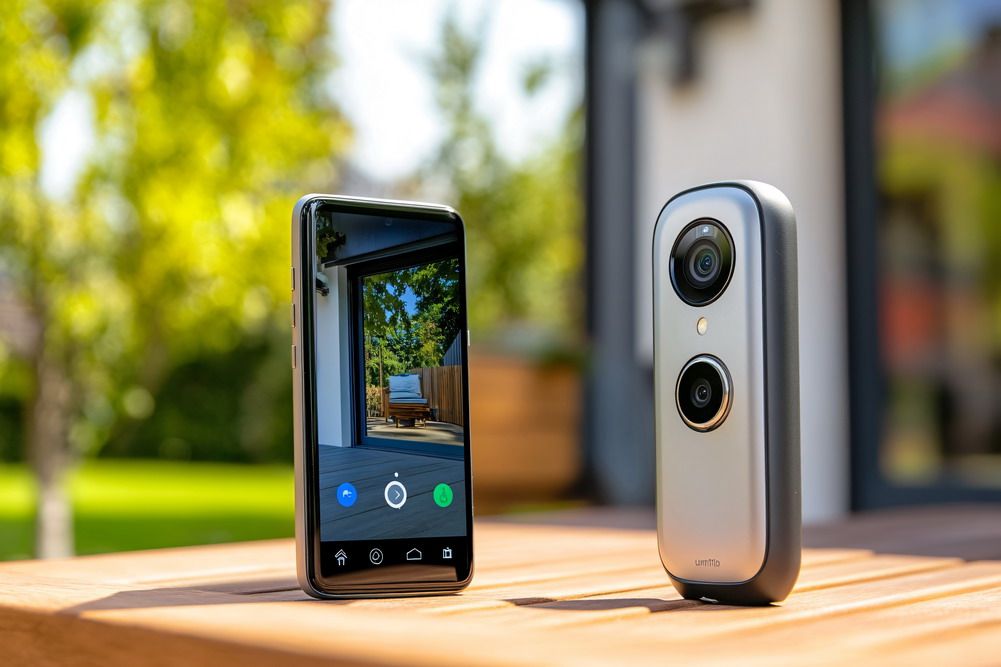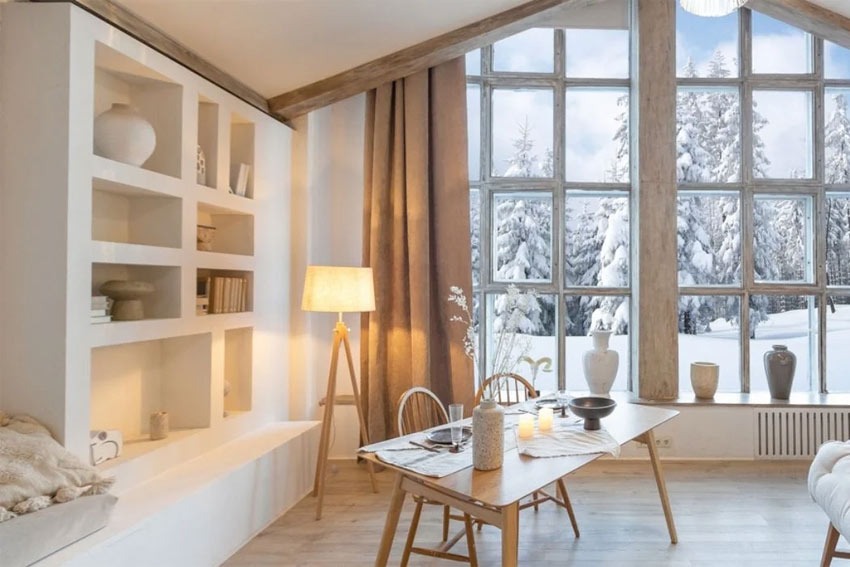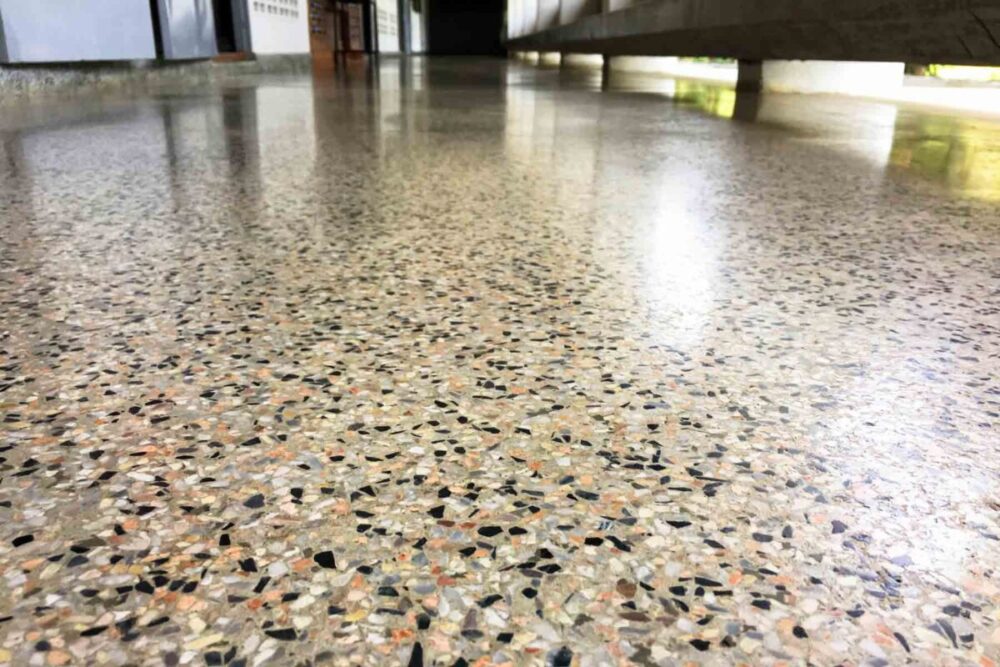Solar panels are one of the most popular alternative energy sources. They are also known as photovoltaic modules that work with photovoltaic cells that use sunlight as an energy source and convert it to electricity. People often use it as a water heating system. Solar panels use photons to generate electrical energy, and this process is known as the photovoltaic effect. As solar energy is a delicate matter, you should always opt to hire the best provider you can find. Companies like Eurosun, provide roof-mounted solar systems that harness the latest solar technology, to produce highly efficient results for your home
If you decide to install solar panels on your roof, you need to know that it may cost you a lot to buy them, but you will save a lot when you use them regularly as an alternative energy source at your home.
But, before you do that, you need to check a few things, including:
1. Does your roof support this type of installation

This is the first thing you need to consider before investing in such a big installation. The most significant part of the roof’s surface should be uncovered, and shady places won’t do the job. If there are a lot of more prominent buildings around you that put your house or apartment in the shade, you may not get the energy you need. If you live in a building, you can ask your neighbors for shared solar, so many households can save a lot on their electricity bills in the future. Also, people who have big yards may give up on roof installation and consider the sunniest part of the lawn as a better option. They only need to clean the panels regularly because of the dirt and moss around.
2. Choose the proper technology

There are a few types of devices that convert solar energy into electricity. You only need to check the conditions and see what works better for you. You can choose between classic solar panels or inverter system. It would also be best if you go for trusted brands with a few years’ extended warranties. Stay informed about every possibility and visit this site to learn more about the advantages of using this type of alternative energy source. Before you take this big step, you need to perform deep research about every possible aspect.
3. Do you need to repair your roof

Every little damage can stop the proper solar panel’s installation, so you need to improve your roof before choosing this type of alternative energy. If your roof is really old, you need to check it if it’s damaged and then proceed to the installation. Then, compare the roof warranty to the solar panel’s warranty. Try to match them, so you can save money on fixing them separately. A damaged roof can mess with the installation process, and it may take too long before you can use it.
4. What to do with the water when it rains?

Every solar system needs to have a good water system that will collect the rain and remove it from the installation. This solution will protect your panels from leaks and problems that can be caused by the rain. Every repair will increase the general cost, so you need to take care of every aspect and the possible problem with improper water disposal.
5. What are the general climate conditions around you?

Weather changes can affect the system’s efficiency, and storms and lightings can damage them. You need to consider these facts before deciding to install solar systems on your roof, mainly if these events often occur in your area. If you live in a rainy area with less sunny days over the year, you may need to find another alternative energy source. Photovoltaic panels work great in areas with a lot of sunny days, for obvious reasons.
6. Find a trustworthy contractor

Before you sign the contract, you need to research more for your potential contractor. They need to provide you with every necessary information and user’s guide. Financing expectations, performance approximations, and companies that can use your data should be clearly listed in the contract. Don’t put your signature on anything that makes you uncomfortable. For a big investment like this, you must find the best-licensed contractor around you and check the credibility.
7. Expensive doesn’t mean the best

Solar technology is not new, but it’s still expensive. But, the working process is generally the same as both cheaper and more expensive installations. You only need to be careful about the product’s quality, because low-quality panels can be unsafe, dangerous, and even hazardous.
8. Benefits of solar panels

The sun provides a lot of energy that can be converted and used as an electricity source. It’s also eco-friendly and will help you save a lot of money on your electricity bills if it’s installed and used properly. It’s a renewable energy source, and the maintenances are cheap too. Also, this technology is improving every day, and with a little and not so expensive upgrades, you can always have the best system at your home.
9. Disadvantages of solar energy sources

The initial cost of buying the panels and installing them can be pretty high, but it’s expected that the expense will be lower in the future. Their proper work depends on the weather conditions like we previously said. They need a lot of sunlight so they can collect it and convert it to useful energy. If you live in an area with a lot of cold winter days, you wouldn’t see many benefits of using solar systems. They also need a lot of space to be installed, and your roof may not be big enough for that.
If you decide to take this big step, you must check every aspect and find a trustworthy contractor who will see if your home is eligible for this type of investment. It’s not cheap, and you should take care of every aspect, so you can be sure you are choosing the best option that will last for the next 20-25 years. That is the only way you can see the benefits of this energy sourcing option.





